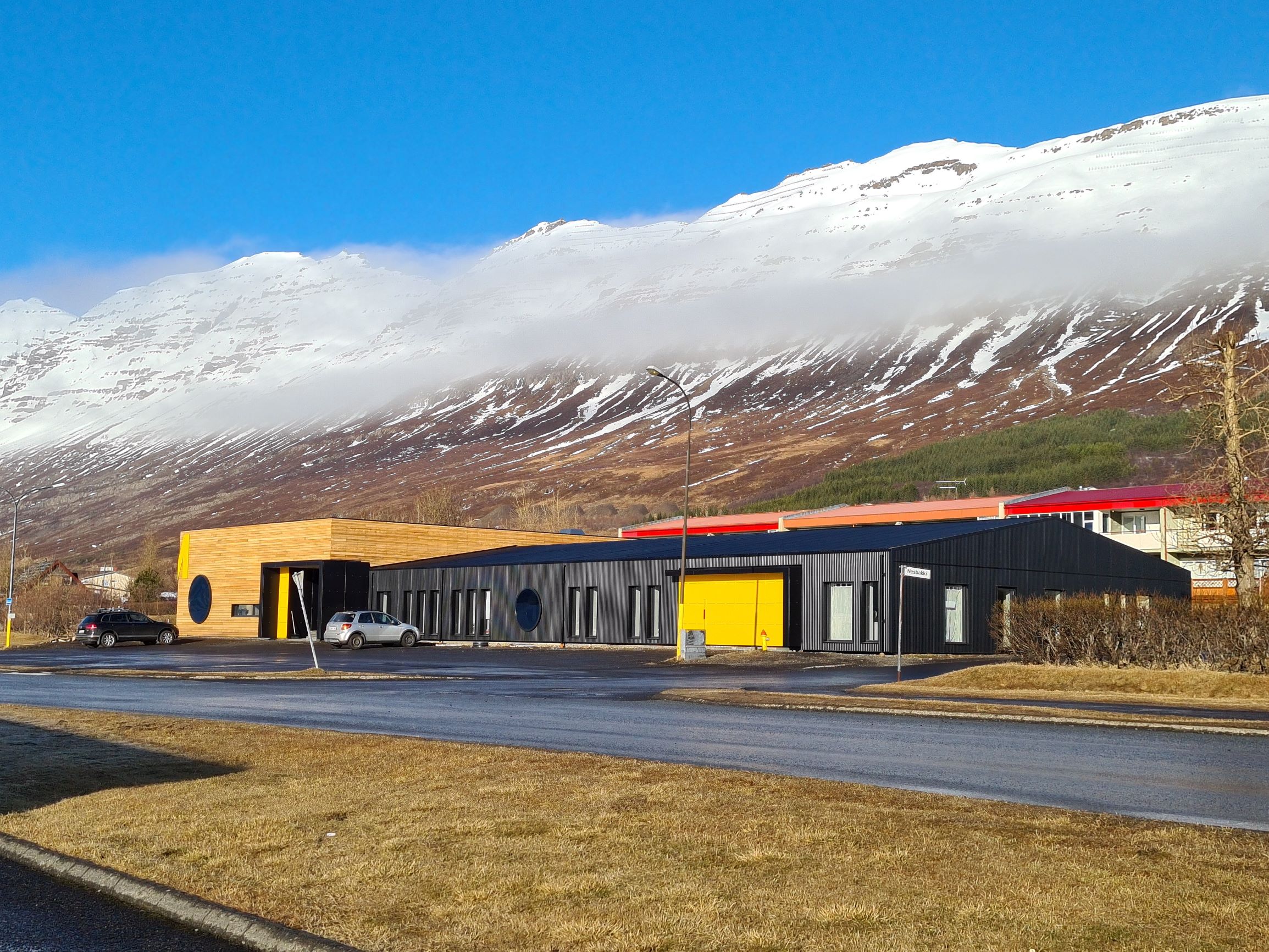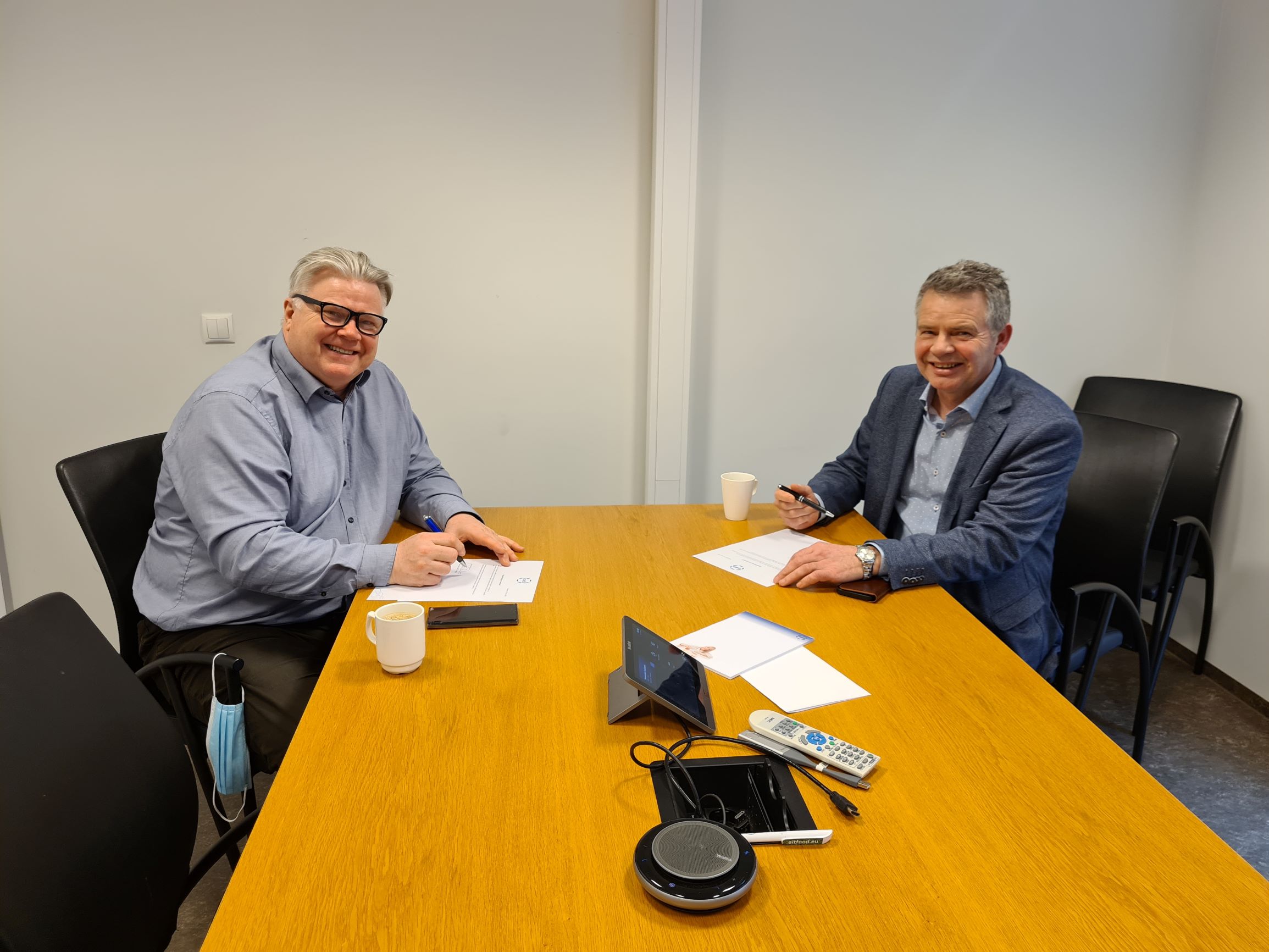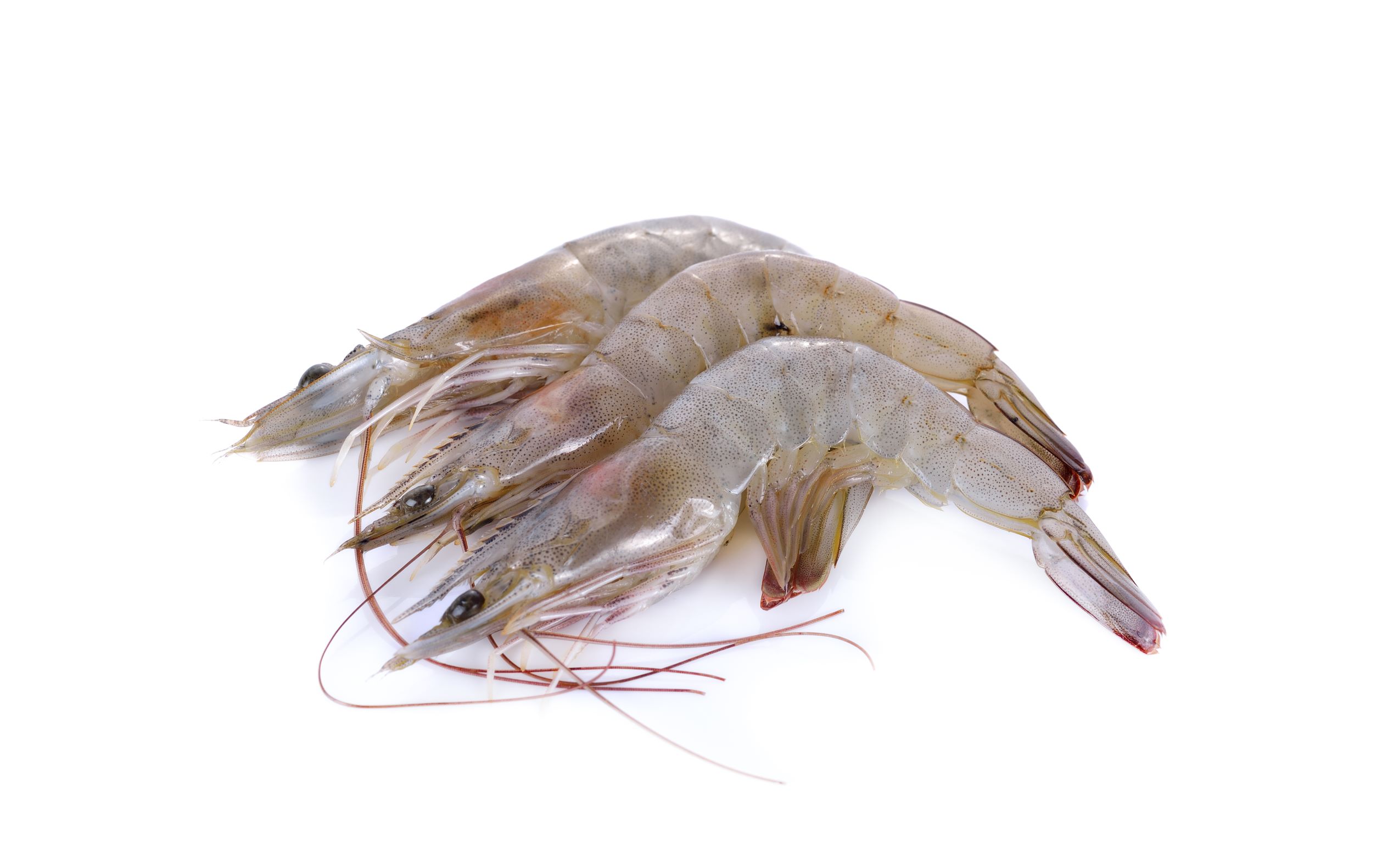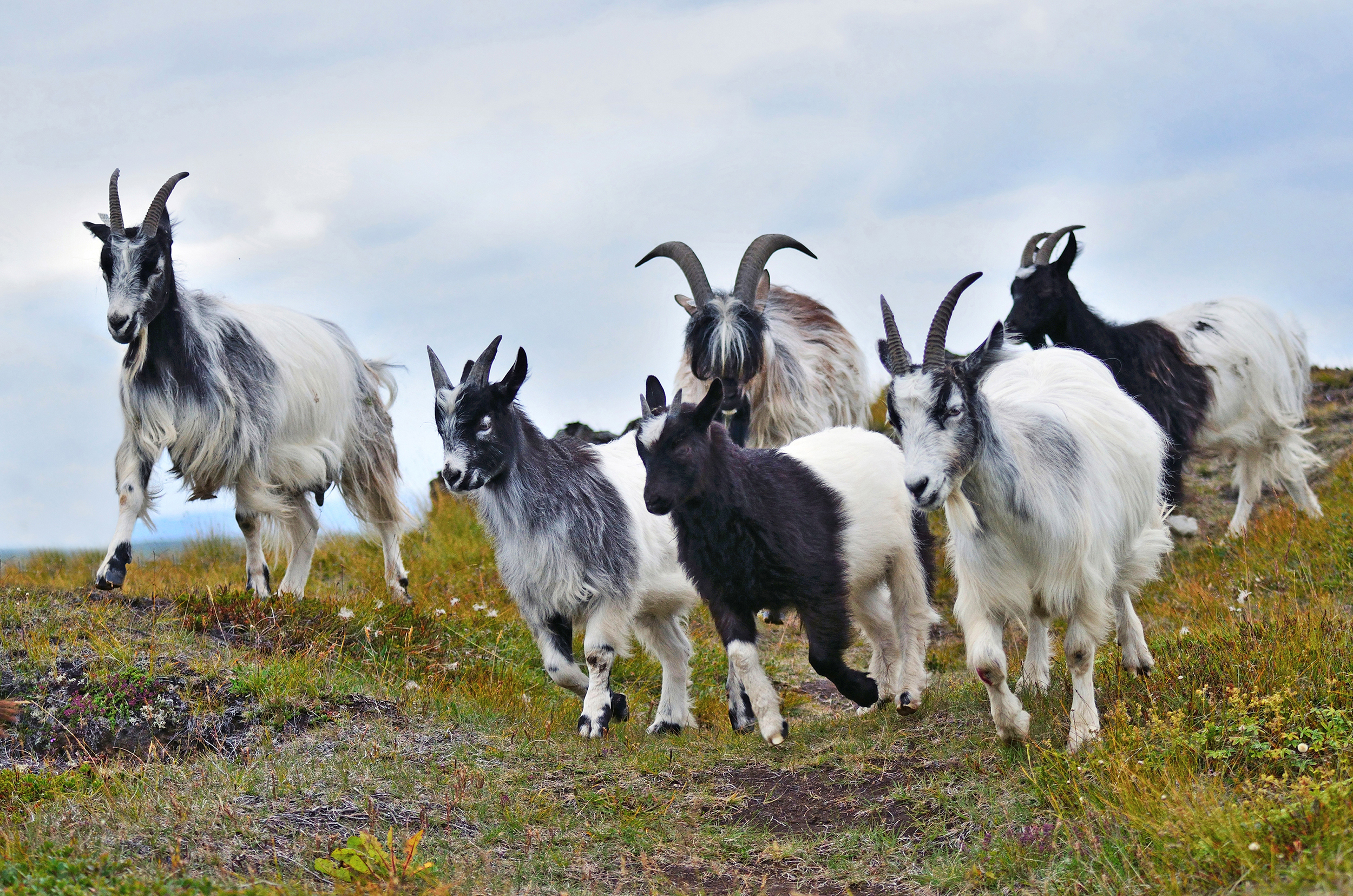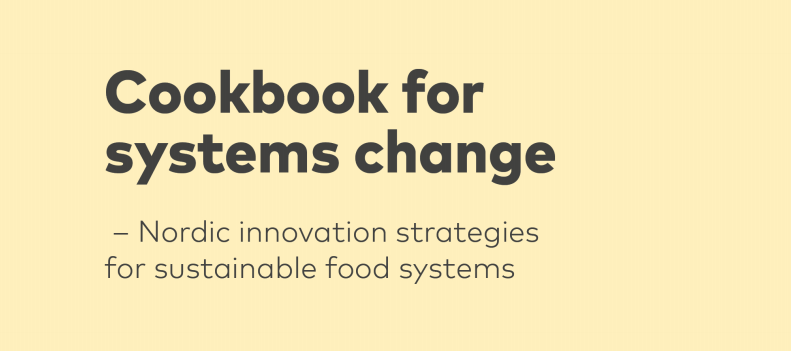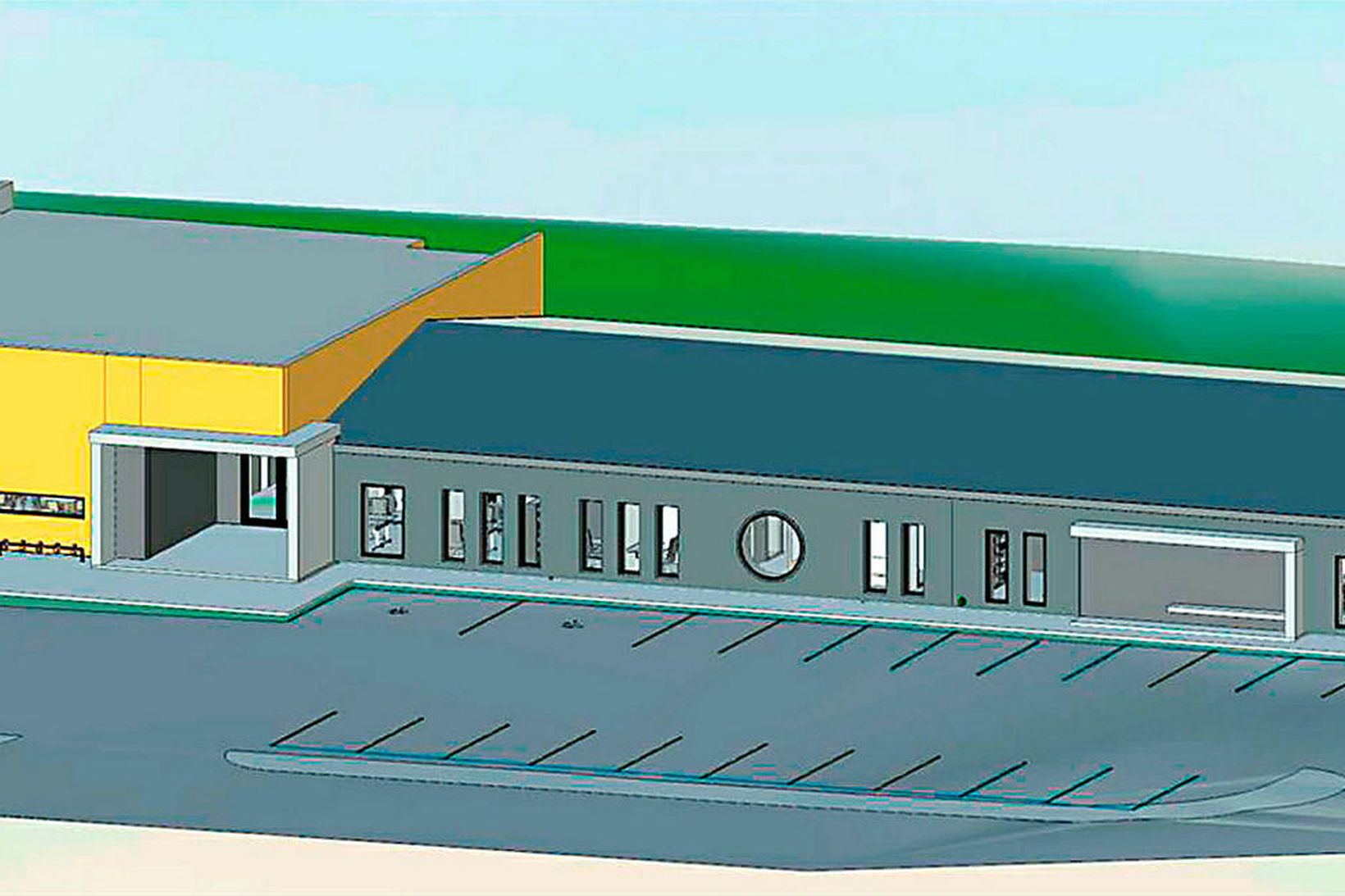Matís' new housing in East Iceland has come into use
Starfstöð Matís á Austurlandi hefur flutt starfsemi sína í nýtt húsnæði að Bakkavegi 5 í Neskaupstað. Húsnæðið ber nafnið Múlinn-Samvinnuhús. […]
Matís' new housing in East Iceland has come into use Nánar »
